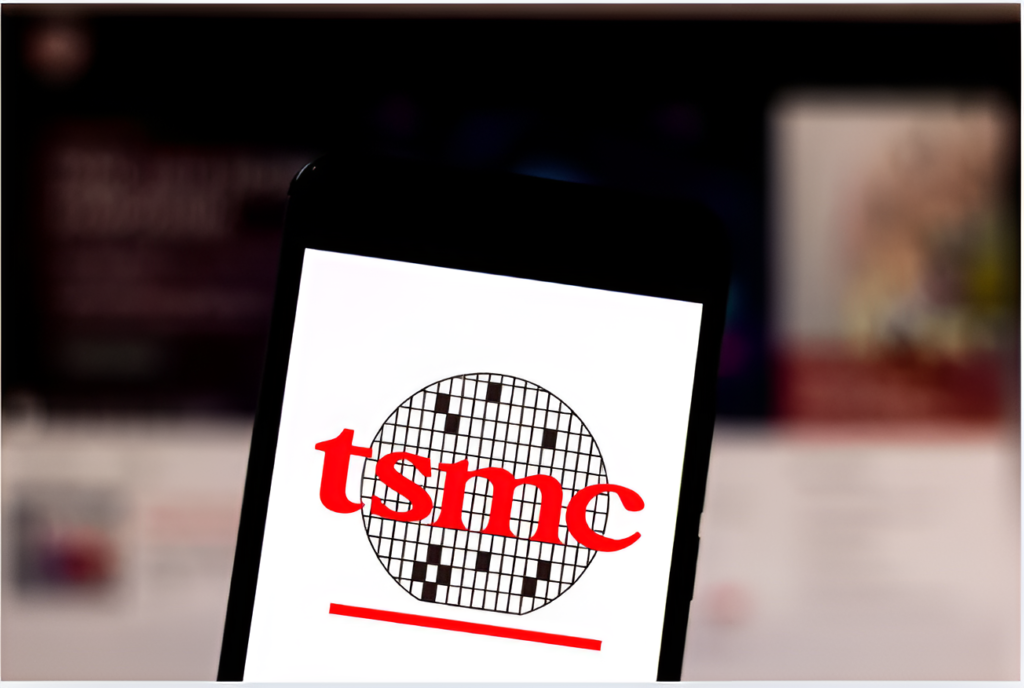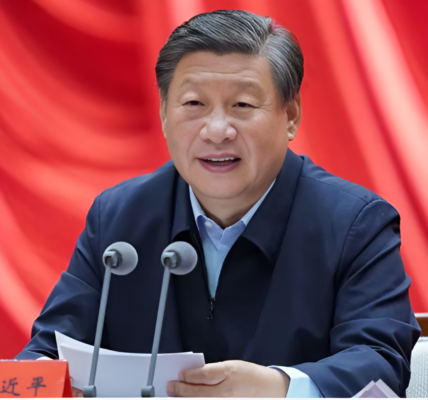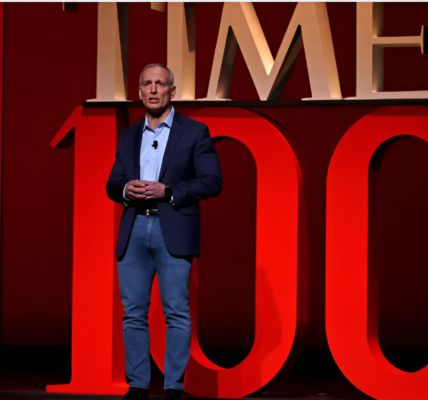
Taiwan Semiconductor Manufacturing Company (TSMC) has announced plans to invest $12 billion in a new semiconductor manufacturing plant in Arizona. The decision to build this facility is a strategic move to address growing U.S. national security concerns and shift more advanced tech production to American soil.
Construction of the plant is set to begin in 2021, with completion anticipated by 2024. While the investment is significant, it is modest compared to the company’s previous, larger-scale operations in Taiwan, where TSMC manufactures chips for major global brands like Apple and Huawei. However, this marks an important move for the company, which holds the distinction of being the world’s largest and most advanced chipmaker, playing a vital role in the global tech industry.
The location of TSMC’s Arizona plant is driven in part by Washington’s concerns over the potential risks of relying too heavily on overseas production, particularly from Taiwan, which China views as part of its territory. TSMC’s decision to build in the U.S. follows several warnings from the U.S. government about the dangers of having critical electronic components made abroad, particularly in China. This facility will help ensure a more secure domestic supply chain for sensitive semiconductor components, a move that aligns with U.S. efforts to bolster national security.
Though TSMC is neutral in the ongoing geopolitical tensions between the U.S. and China, its strategic position in both countries is complex. The Arizona plant represents a balancing act for TSMC, which serves numerous U.S. clients while maintaining operations in China. Analysts suggest that this move could be seen as an effort to stay competitive globally while navigating the delicate U.S.-China trade relations.
Upon completion, the Arizona facility is expected to produce 20,000 semiconductor wafers a month, a relatively small output compared to TSMC’s massive capacity in Taiwan. The factory will utilize 5-nanometer technology, the current industry standard. However, by the time production begins, this technology may already be a few generations old.
The cost of building and operating the facility in the U.S. is expected to be higher than in Taiwan. TSMC’s Chairman Mark Liu acknowledged the significant cost gap but emphasized the importance of reducing it as much as possible. Additionally, TSMC’s decision to proceed with the plant is contingent on the support and incentives offered by the U.S. government.
This announcement comes at a time when the U.S. government has shown an increasing willingness to support industries through direct intervention. The coronavirus pandemic has exposed vulnerabilities in global supply chains, particularly in critical sectors like semiconductors. The shift toward reshoring high-tech manufacturing could be part of a broader response to these challenges.
President Trump has also framed the construction of the plant as a success of his administration’s policies. U.S. Secretary of Commerce Wilbur Ross hailed the decision, stating that it marks a “renaissance” for American manufacturing and showcases the U.S. as an attractive place for international investment.
The Arizona plant is expected to create 1,600 jobs, a welcome development for local workers and a potential boost to Trump’s re-election campaign in 2020. This move is part of a broader strategy to create high-paying jobs in the U.S. while reducing dependency on foreign semiconductor production.
TSMC’s foray into Arizona is also a response to the increasing competition from other global players. Samsung, TSMC’s only serious competitor in advanced semiconductor manufacturing, is investing billions to remain competitive. As TSMC continues to play a pivotal role in the semiconductor industry, the Arizona plant is seen as an important piece in the company’s ongoing global strategy.
TSMC remains committed to maintaining strong partnerships with both the U.S. government and Arizona state officials, highlighting the attractiveness of the U.S. as an investment destination. With the global tech landscape continuing to evolve, TSMC’s move to the U.S. underscores the growing importance of securing supply chains and ensuring access to cutting-edge semiconductor technology.
The Arizona project will represent a significant step for TSMC, not only in expanding its global footprint but also in contributing to the U.S.’s goal of revitalizing high-tech manufacturing on domestic soil.





